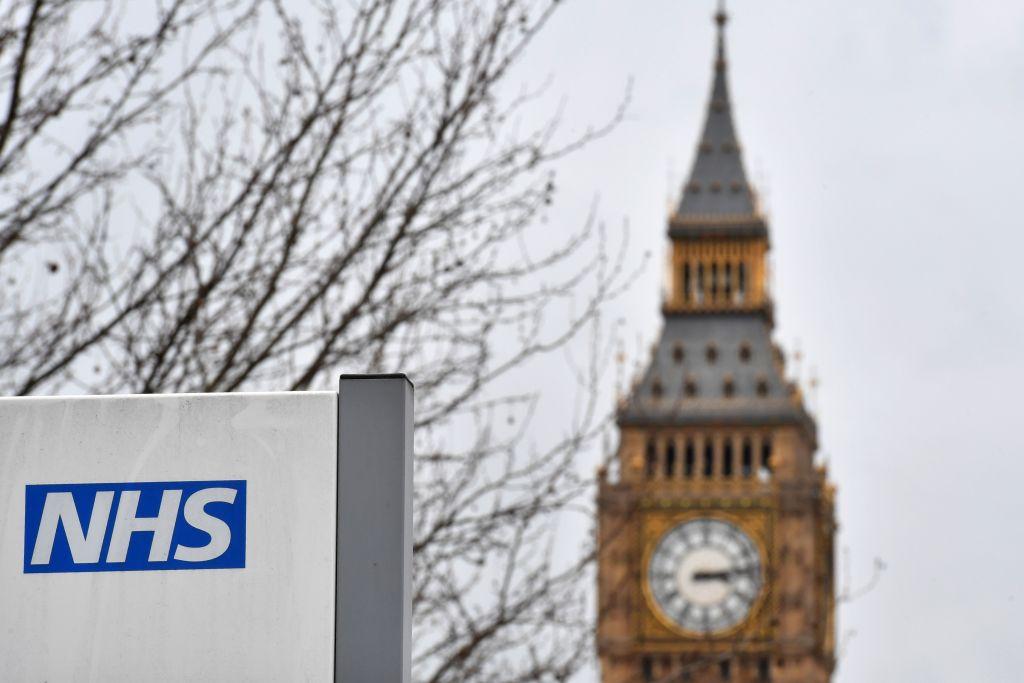Public trust in external companies handling NHS health data is low, according to a poll.
On Tuesday, it was announced that a group led by Palantir had secured the £330 million contract to provide an NHS-shared software system, which the government claims will bring down waiting lists, currently at 7.7 million, the highest since records began in 2007.




